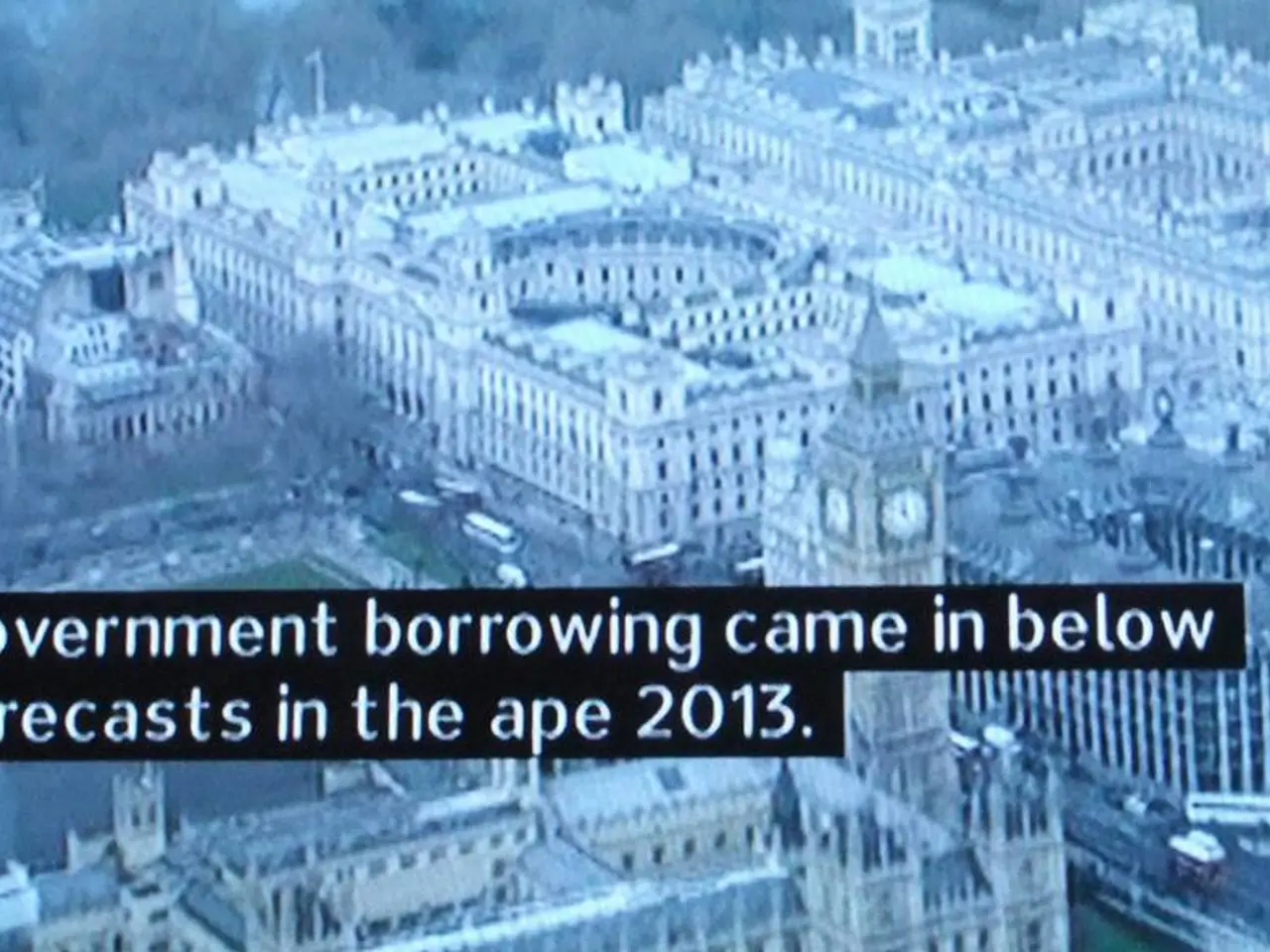Financing Crisis Through Oil, Coal, and Gas: Unveiling Bank Support for Fossil Fuels
In a surprising turn of events, the world's largest banks significantly increased their financing of fossil fuel companies in 2024, reaching a total commitment of $869 billion. This represents a substantial increase of $162.5 billion from the previous year, marking a reversal of the decreasing investments in fossil fuels observed in the past two years.
The top U.S. banks – JPMorgan Chase, Bank of America, Citigroup, and Wells Fargo – collectively accounted for 21% of global fossil fuel financing. JPMorgan Chase led the pack with $53.5 billion, followed by Bank of America ($46 billion), Citigroup ($44.7 billion), and Mizuho Financial ($40.3 billion).
The surge in funding is a stark contradiction to the climate commitments made by many of these banks. Experts argue that voluntary climate-related commitments by the banking industry are insufficient, highlighting the need for stricter government regulations to ensure alignment with climate goals.
The increase in fossil fuel financing could lead to a 3°C world, as warned by UN officials. Just 36 companies were responsible for more than half of global emissions, and many received direct funding from the banks analysed. Every fossil loan approved today is a fire that will be harder to put out tomorrow.
The consequences of banks' continued funding of fossil fuels extend beyond emissions, reinforcing extractive structures that displace communities, destroy ecosystems, and perpetuate a linear, dependent economy. The emissions financed by these loans will result in new infrastructure, wells, pipelines, and power plants that will emit greenhouse gases for decades.
According to the International Energy Agency (IEA), no new fossil fuel project can be initiated if the 1.5°C limit is to be met. The decision to withdraw from initiatives like the Net-Zero Banking Alliance is not a technical gesture; it's a message to the world that humanity's climate future is expendable if it interferes with quarterly balances.
The report, published by Rainforest Action Network and other organizations, underscores the discrepancy between banks' actions and their stated ambitions to decarbonize their portfolios. The resurgence of pro-fossil positions, including figures like Donald Trump, is influencing a changing political climate. Analysts are skeptical about banks' commitment to decarbonization, viewing it as a double game of financing fossil fuel expansion while preaching green commitments.
By 2024, atmospheric CO2 levels reached new historical highs, with over 75% of global emissions coming from the burning of fossil fuels. The report reveals that several banks, including the six largest US banks, have withdrawn from the Net-Zero Banking Alliance, a UN initiative to decarbonize the financial sector.
As the world grapples with the challenges of climate change, the continued support for fossil fuels by major banks raises concerns about their commitment to climate action. The real cost of banks' continued funding of fossil fuels is not measured in dollars, but in degrees (referring to global warming).
- The surge in financing of fossil fuel companies by the world's largest banks in 2024, despite climate commitments, is a significant concern for environmental science, as it could lead to a 3°C world and further exacerbate climate-change impacts.
- In the context of the banking industry's voluntary climate-related commitments being insufficient, there is a growing call for stricter government regulations in the environmental-science field to ensure alignment with climate goals and prevent further financing of fossil fuels.
- The increased funding for fossil fuel projects by major banks not only supports the extraction and emission of greenhouse gases, but also contributes to the reinforcement of extractive structures that disrupt communities, damage ecosystems, and perpetuate a linear, dependent economy.




